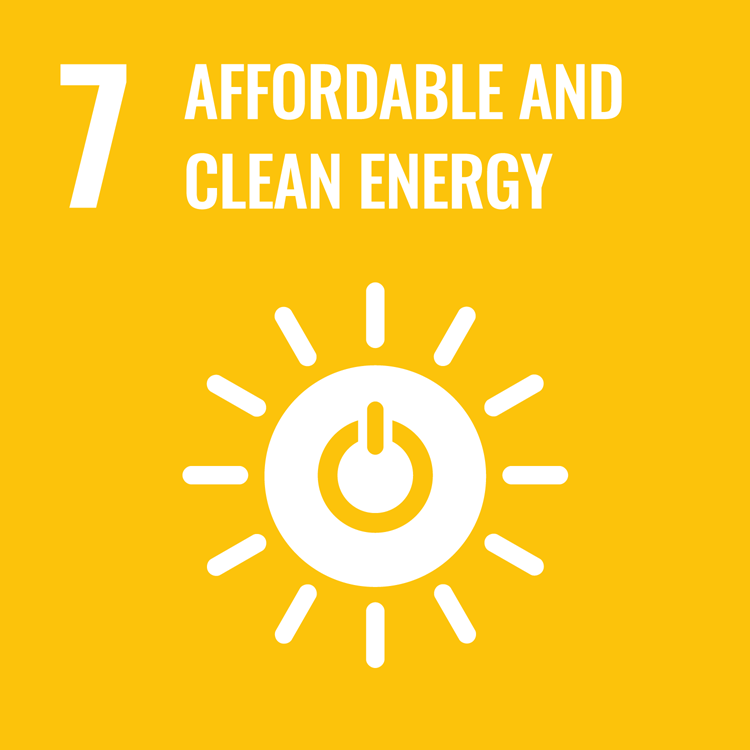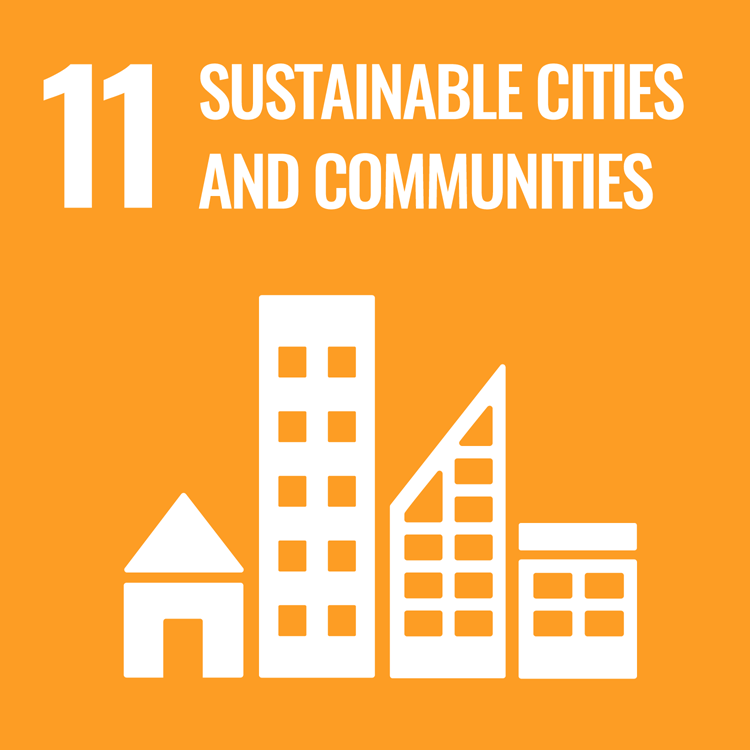Energy, water and construction
Energy action


Please go to this link to look to find out about our Decarbonisation projects | Capital Strategy | University of Exeter
- Powered on renewable energy since 2017 - 100% REGO certified
- 2023 REGO certificate - was valid until March 2024
- Zero carbon electricity tariff from Apr 25-March 26
- First UK corporate renewable power purchase agreement, supplying 20% of the University’s electricity baseload
- Amongst leaders in the Russell Group for renewable energy generation with circa 1.5 megawatt of energy from our campus solar PV
- Potential to double our solar PV generation across University assets over the next 3-5 years
- Duryard PV Solar Project has been completed
- 700 solar panels installed on Harrison Building in 2022
- More than 1700 new photovoltaic (PV) panels were added to roofs on Daphne Du Maurier, Peter Lanyon Building and the Sports Centre on Penryn Campus in 2023.
- A planning application has been submitted to Cornwall Council for a single wind turbine near Penryn campus
- LED lighting installation - recent projects include Peter Lanyard Building, Holland Hall and the Cricket Centre
- Building Management System (BMS) - programmed to provide a comfortable environment for occupants whilst maximising our energy efficiency
- Tracking, monitoring and identifying locations where energy wastage is highest through our energy and carbon reporting management software. Further information on our energy usage can be found in our Energy Summary Report 2023/24
- Please find our Energy Summary Report 2022-23 here
- Energy mapping – the Geoffrey Pope Building has undergone extensive energy mapping, including thermal imaging assessments, to provide energy savings. You can read the full report here: Energy mapping of Geoffrey Pope Building
We need everyone to think about what energy they use. Working together, we can all make small changes that collectively will make a significant difference in helping us to reach our goal of net zero as well as achieving a cost reduction in our energy use.
YOU can make a difference. This includes practical measures such as:
- switching off your computer or laptop screen when its not in use
- turning off lights when leaving a room
- unplugging unused electrical items including mobile chargers
- only using the water that you need if boiling a kettle
- taking shorter showers
- wearing extra layers
Water

- Ranked 1st in the World for SDG 6 - Clean Water & Sanitation - in the 2024 Times Higher Education (THE) Impact Rankings
- Water saving surveys and optimisations – in 2024 SWW surveyed the domestic water systems in all of our buildings across Streatham and St Luke's campuses to repair water leaks and identify further saving opportunities. They reduced flowrates, replaced inefficient control devices and repaired taps and toilets to reduce consumption.
- To minimise potable water usage and waste, future construction projects must adhere to the stringent water use targets outlines in our Sustainability Design Guide ensuring water consumption is kept to an absolute minimum.
- Our ECE Policy Statement has a target of achieving 50% water usage reduction on campus.
- Scope 3 emissions from water are one of our KPIs and are reported annually, most recently via our Sustainability Report 2023/24, and show a reduction from 425 tCO2e in 2018/19 to 149 tCO2e in 2023/24.
- Water consumption tracking and monitoring – improving our data capture via our data management system to reduce our overall water consumption
- Read our Water Consumption and Reuse Report 2023/24 – for an example - including water reuse, such as rainwater harvesting
- See the 2022/23 report here Water Consumption and Reuse Report 2022-23
- Propelair project, a Horizon 2020 funded collaboration between the University of Exeter's Centre for Water Systems and Propelair, including the installation of ultra-low water use toilets which has saved over three million litres of water
- Water Resilient Policy - the Water Resilient Policy aims to promote conscious water usage on campus and integrate water management into areas where water use is taking place and to maximise the influence of the University in reducing its water use, ensuring sustainable supply of water and managing waste water discharge through education and research, its operations and ambitions.
- Prioritising water conservation in our labs - on campus, all applicable technical spaces are green accredited, and in 2022 we achieved 100% certification through the Laboratory Efficiency Assessment Framework (LEAF) which offers guidance and criteria to improve the sustainability and efficiency of research and teaching laboratory spaces, including water usage.
- The University of Exeter holds a licence to abstract water from its Topsham Road Sports Centre.






